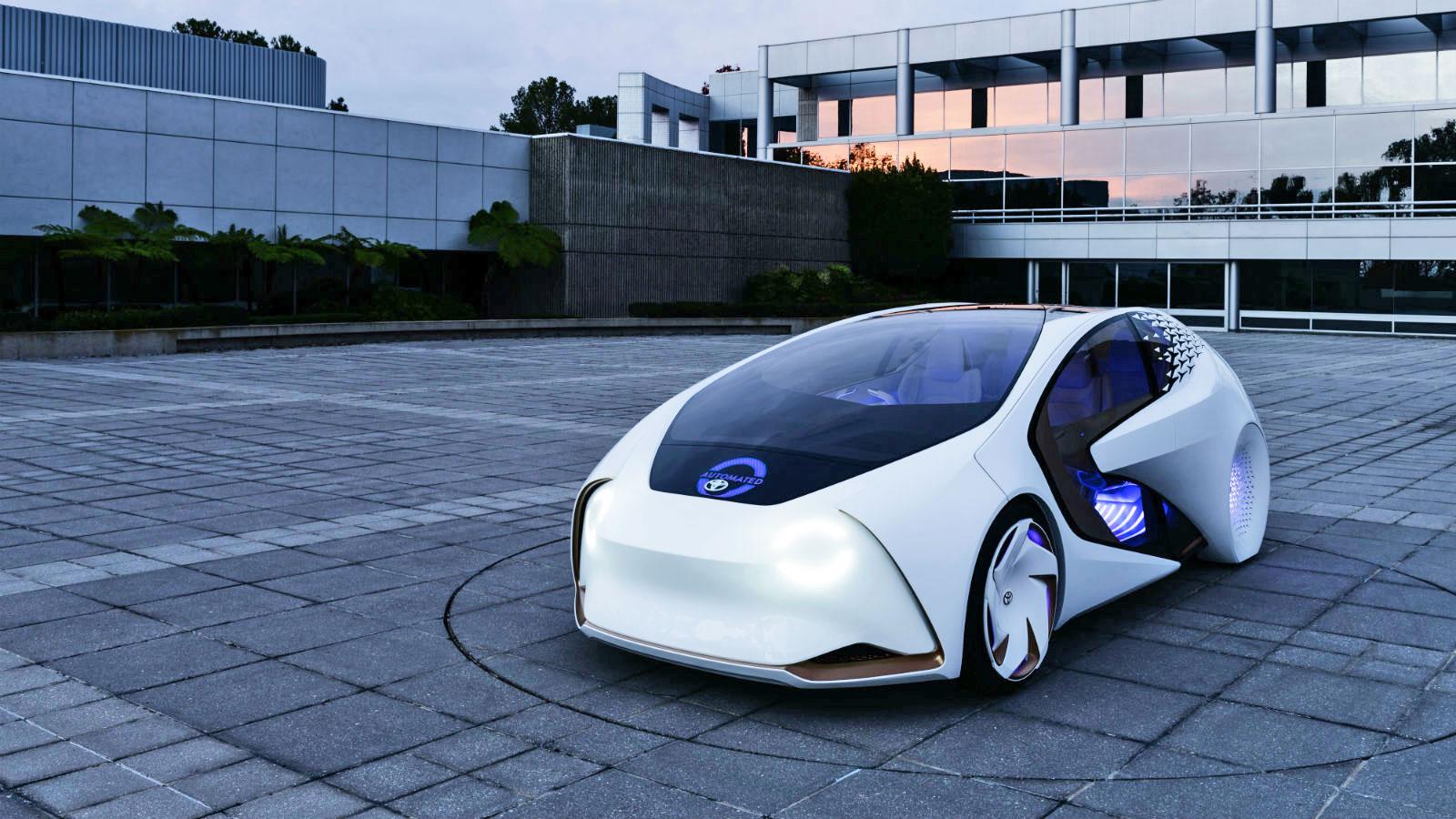Toyota and partners work on an ecosystem for green hydrogen
"Green hydrogen is of central importance for climate protection and the energy transition"
Toyota wants to pave the way for more sustainable mobility: The Japanese automotive group is developing integrated hydrogen solutions together with the German system solution provider for 100 per cent renewable energies GP Joule and the manufacturer CaetanoBus in order to use the alternative propulsion technology in different modes of transport and vehicle fleets. Local hydrogen ecosystems for various mobility applications are to drive the decarbonisation of transport.
With their complementary expertise, the participating companies cover the entire hydrogen mobility value chain, says Toyota: from the production of green hydrogen to its distribution and refuelling infrastructure to its use in different vehicle segments. In addition to passenger cars, where Toyota already offers a second-generation fuel cell sedan in the form of the Mirai, the initial focus is on buses and light commercial vehicles. In the future, an expansion to heavy trucks is also conceivable.
By integrating various applications and projects in a regional hydrogen ecosystem, a positive cycle is to be created that will facilitate access to hydrogen for other mobility applications. The cooperation of the three companies is intended to boost both the supply of hydrogen and the demand for vehicles.
"We are excited about the opportunity to combine our strengths and promote the development of hydrogen clusters. In doing so, Toyota brings its proven applications and products to the ecosystem. By working together with our partners, we want to accelerate and intensify the use of green hydrogen in favour of CO2-neutral mobility," says André Schmidt, President of Toyota Germany. This will gradually reduce the cost of hydrogen and its infrastructure, he said, and can thus form the basis for many future business models.
"Green hydrogen is of central importance for climate protection and the energy transition: As a climate-neutral, versatile energy carrier, it replaces natural gas, oil and coal in numerous applications," adds André Steinau, Managing Director of GP Joule Hydrogen. He adds that the mobility sector must switch from fossil fuels to green alternatives for a successful energy transition.
"We are aware of the responsibility of the mobility sector in this mission and our goal as a bus manufacturer is to continuously develop new hydrogen buses to reduce the carbon footprint in cities," says Patrícia Vasconcelos, CEO of CaetanoBus. He emphasises how important it is for the energy transition that companies, countries and policies are aligned to create a complete ecosystem.
